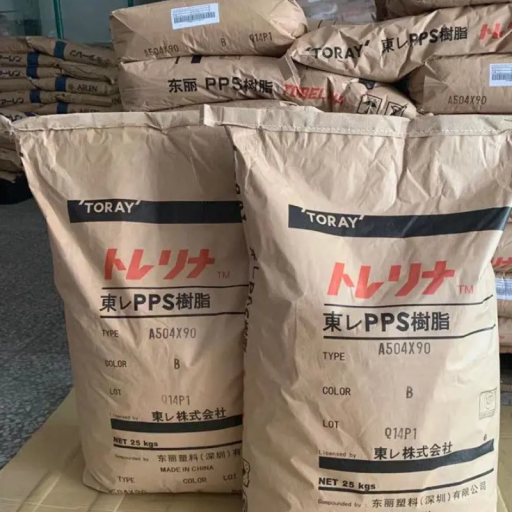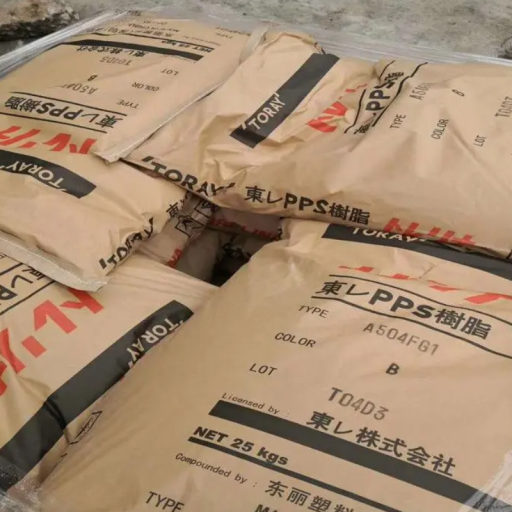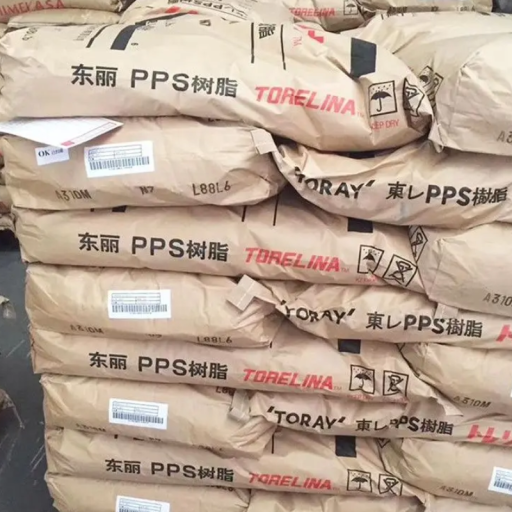Toray PPS A310MB7 stands out as a high-performance engineering material, offering remarkable processing versatility and a unique balance of properties. Designed for precision applications, this grade exhibits minimal water absorption, excellent abrasion resistance, and a stable dielectric constant across a wide temperature range. Its low mold shrinkage ensures accurate molding results, making it a preferred choice for complex automotive, electrical, and industrial components. With exceptional fluidity during injection molding, A310MB7 allows for intricate designs without compromising reliability.
PPS Plastic Granules(Torelina A310MB7) Price Range
| Quantity (Kilograms) | Price per Kilogram (USD) |
|---|---|
| 25 - 499 | $7.50 - $8.00 |
| 500 - 1,999 | $7.00 - $7.50 |
| 2,000 - 4,999 | $6.50 - $7.00 |
| 5,000+ | $6.00 - $6.50 |
For precise pricing and additional details, please contact us directly. Our team is ready to provide tailored quotes and guidance to meet your production requirements.
PPS Plastic Properties
| Property | Value |
|---|---|
| Density | 2,060 kg/m³ |
| Tensile Strength | 115 MPa |
| Flexural Strength | 200 MPa |
| Flexural Modulus | 22 GPa |
| Elongation at Break | 0.8% |
| Melting Point | 278°C |
| Heat Deflection Temperature | 260°C (1.8 MPa) |
| Flame Rating | UL94 V-0 (0.36 mm) |
| Water Absorption | 0.02% |
| Linear Mold Shrinkage (Flow) | 0.2% |
| Impact Strength (Unnotched) | 16 kJ/m² |
| Dielectric Strength | 22 MV/m |
PPS Material Uses
PPS plastic granules are high-performance materials known for their exceptional thermal stability, chemical resistance, and mechanical strength. These qualities make them ideal for a wide range of applications in various industries.
- Automotive Components
- Electrical Insulators
- Industrial Pumps
- Valve Bodies
- Connectors and Switches
- Appliance Housings
- Aerospace Applications
- Office Equipment Parts
Contact Us for PPS Plastic Pellets Information
Discover the exceptional performance of PPS plastic pellets, engineered for demanding applications requiring thermal stability and chemical resistance. With a PPS plastic melting point of 278°C, these materials are ideal for automotive, electronics, and industrial uses.
For inquiries about PPS polymer properties, including PPS plastic chemical compatibility, or to request a customized quote, contact our team today. We’re here to provide tailored solutions and expert guidance to meet your production needs.




Mary J Barnhart –
It’s UL-rated and handles crazy thermal cycling without showing fatigue. My only beef is with its moisture sensitivity during storage—if you don’t keep it sealed, good luck with processing consistency.
Edward Nelms –
These pellets feel almost overkill for smaller projects, but they’re fun to experiment with. Made some clips for my car’s radiator, and they’ve held up better than OEM parts.
Asa M Uribe –
We swapped out our previous PPS grade for A310MB7 when a client demanded higher flame resistance. I was skeptical, but it exceeded expectations. Compared to BASF Ultrason, this feels stiffer and less forgiving in molding, but the end-product performance is unbeatable.
Kenneth G Hass –
This was my first time working with PPS, and A310MB7 definitely set a high bar. I made a replacement part for my air fryer, and it hasn’t flinched under daily heat abuse. Just wish there was more guidance on working temps for hobbyists like me.
Monica G Davis –
Compared to Celanese’s Fortron PPS, it’s a bit easier to mold, but you lose a little toughness. Still, for applications where thermal and chemical resistance are critical, it’s a top-tier option.
Hector Lewis –
The material is incredibly tough and can handle the stress of off-road riding without cracking. It’s a bit heavier than some other plastics, but the durability more than makes up for it.
Austin Felix –
We’ve been testing A310MB7 in high-temperature pump components, and it’s been a standout performer. Compared to Fortron PPS, it’s got slightly better flow properties, which is a big deal for complex molds.
Elizabeth J Russell –
It’s not as impact-resistant, so we’ve had to be careful where we use it. But for high-heat, high-precision parts, it’s hard to beat.
Mathew Vanover –
Compared to Solvay’s Ryton R-7, it’s a bit easier to process, but you trade off some impact strength. For intricate designs that require dimensional stability, though, it’s hard to find a better option. Just be prepared to spend extra time dialing in your process.
Debra Strauss –
Torelina A310MB7 is my new favorite for making custom kitchen gadgets. It’s FDA-compliant, so it’s safe for food contact, and it doesn’t stain or absorb odors like some other plastics. Plus, it’s super easy to clean.